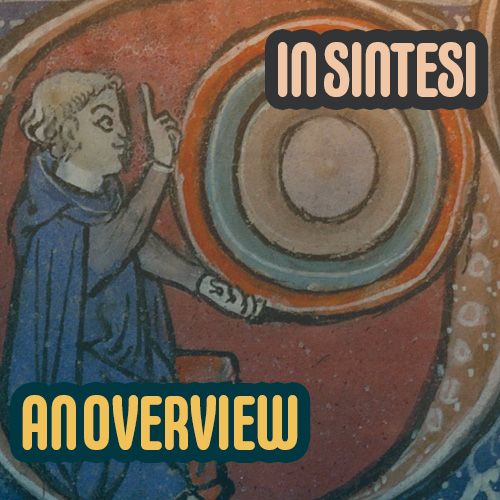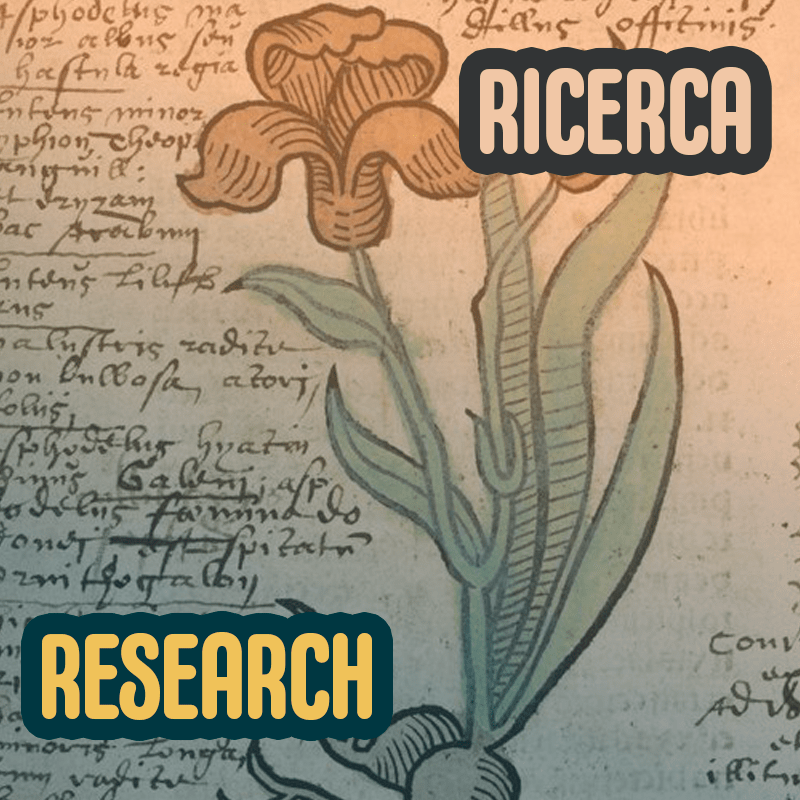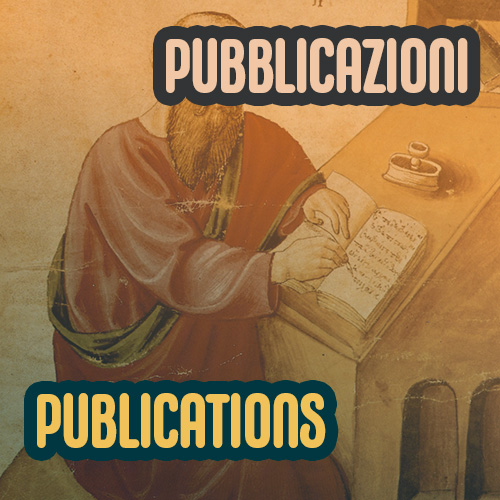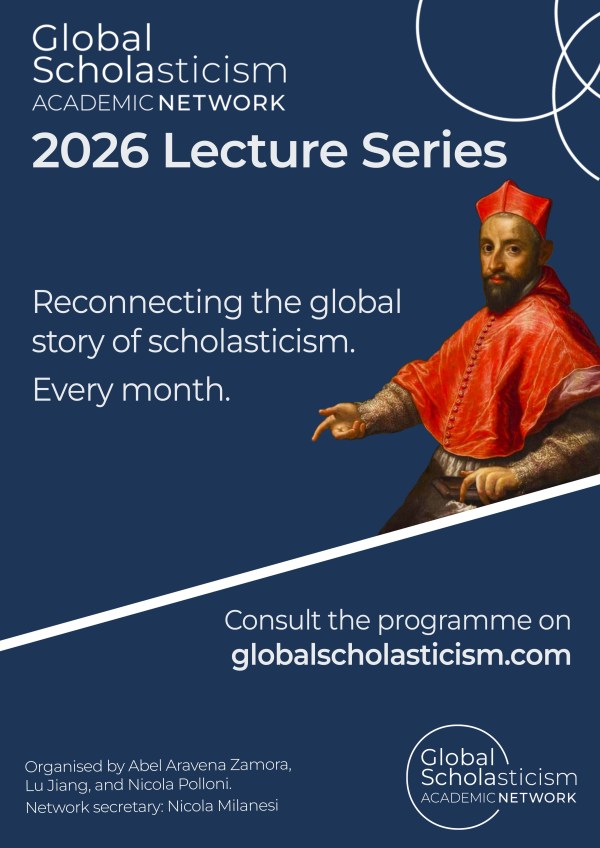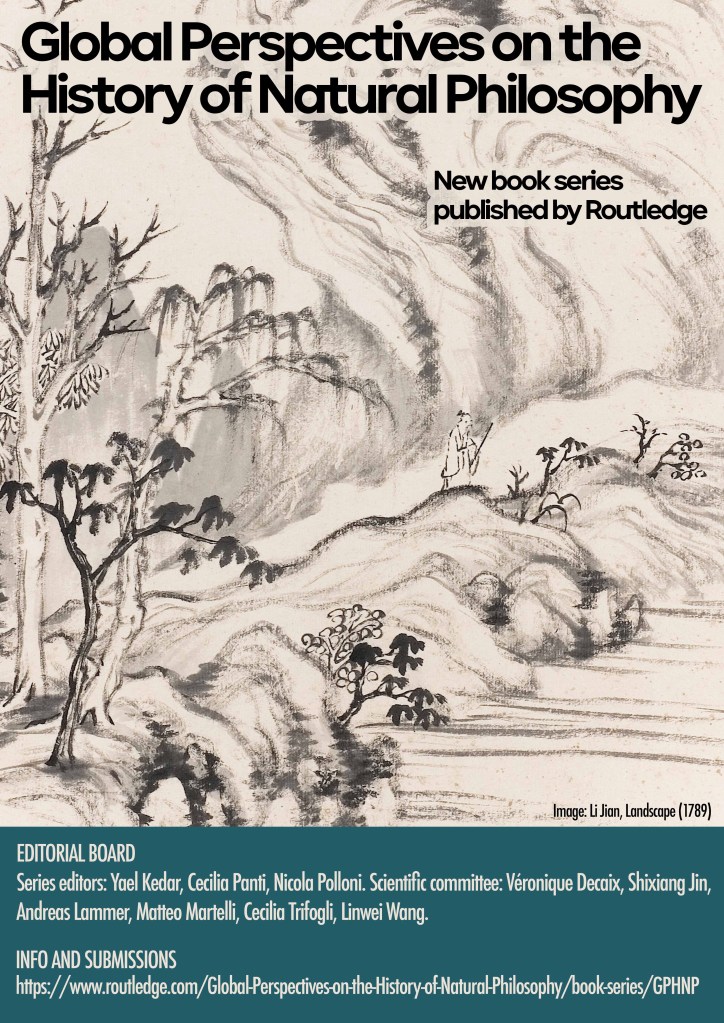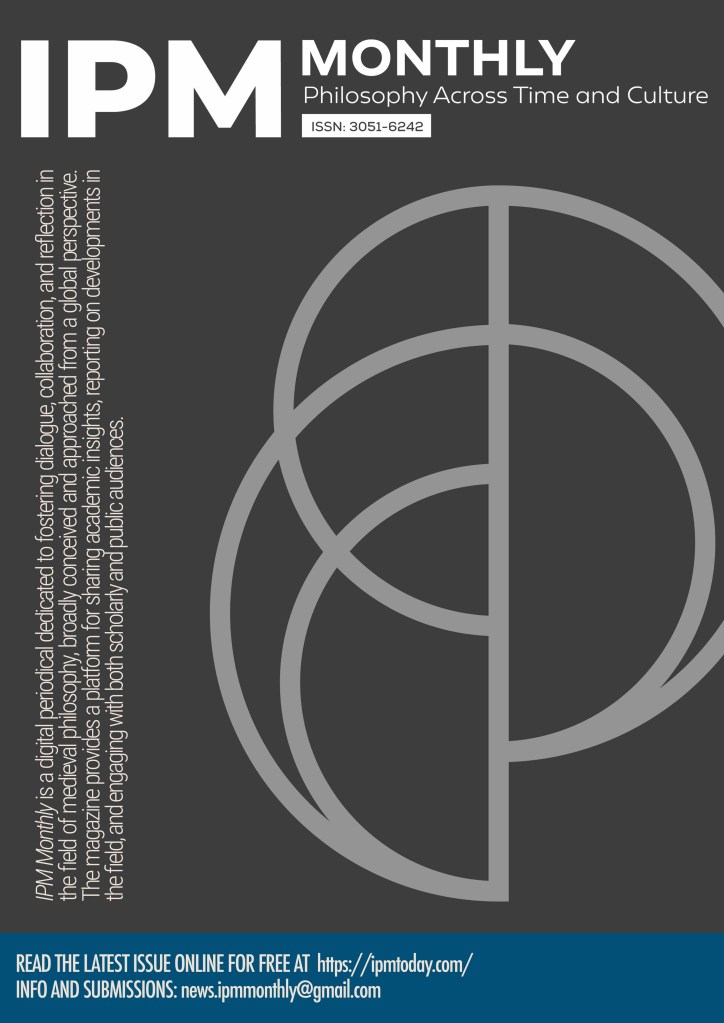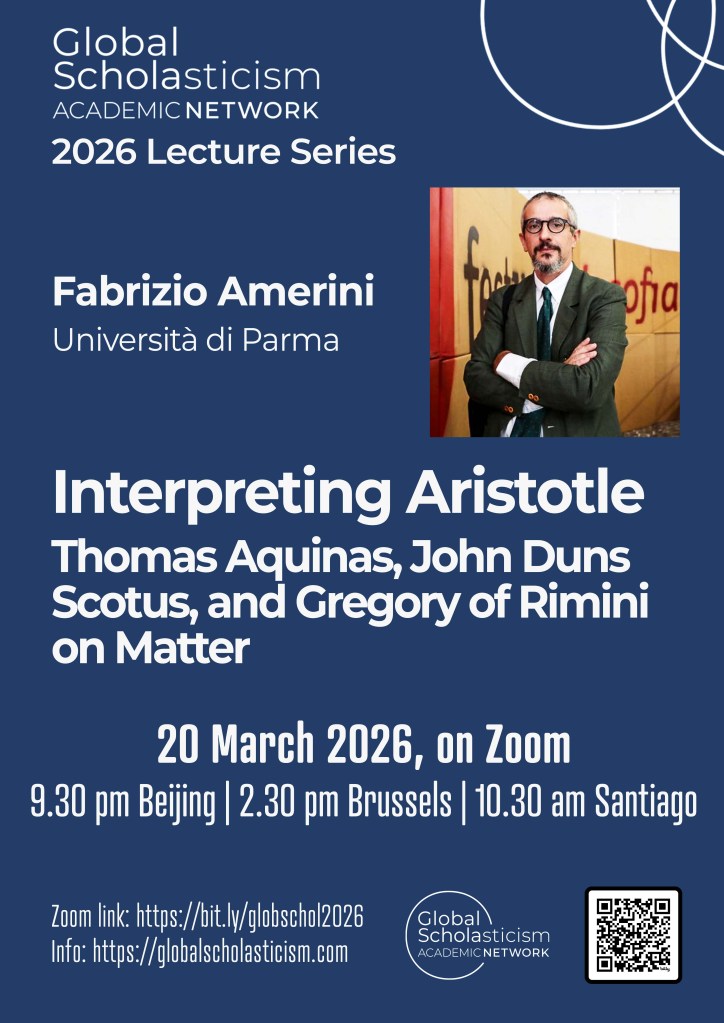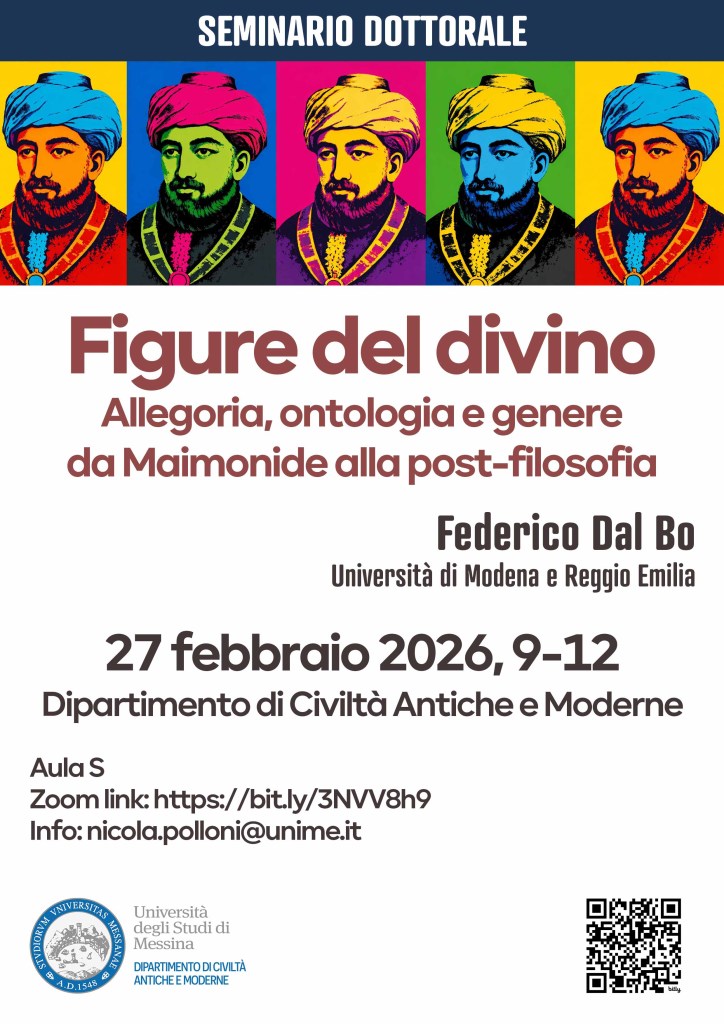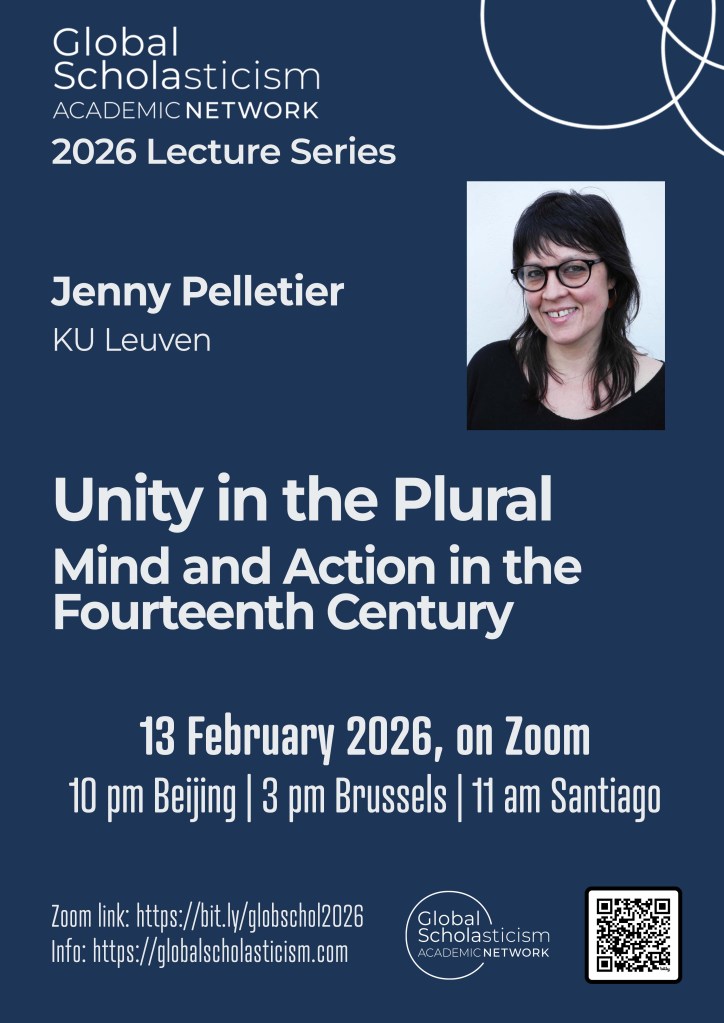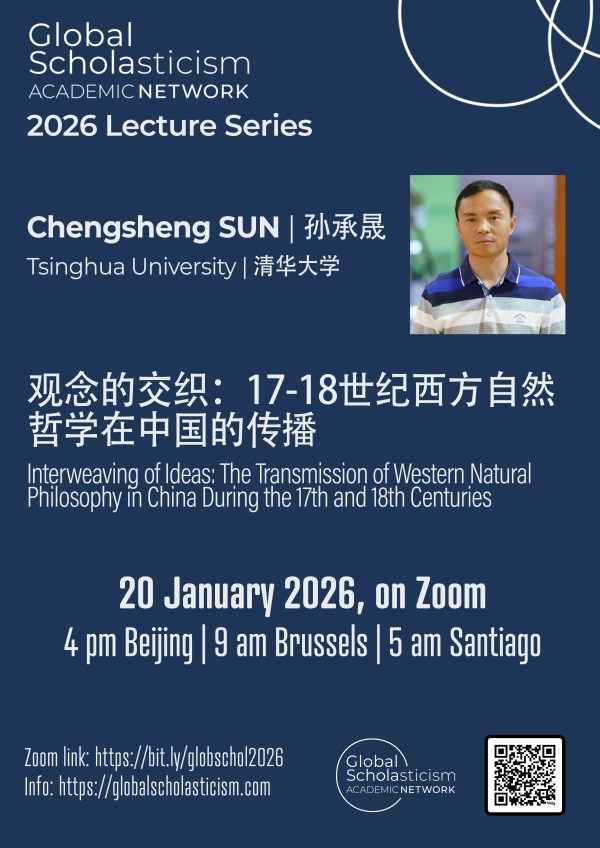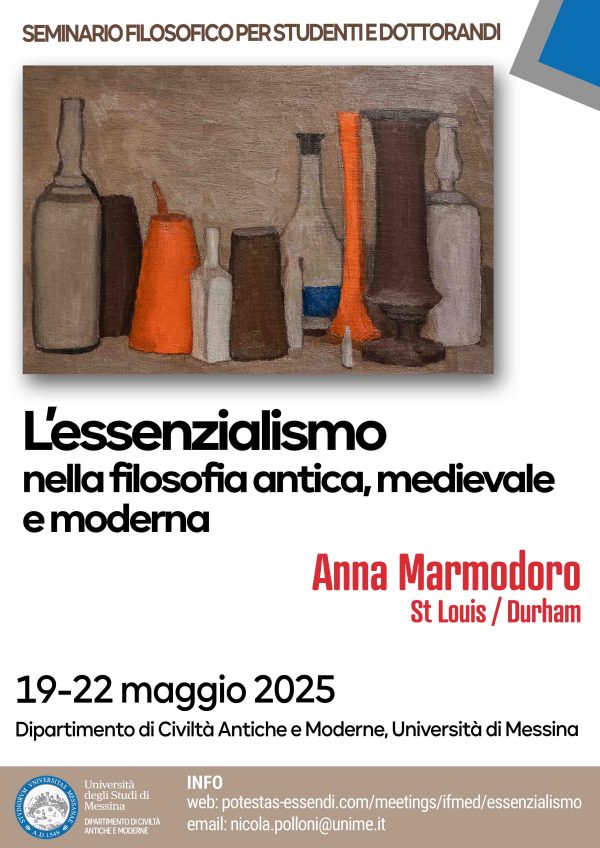EXPLORING MEDIEVAL PHILOSOPHY
Potestas essendi is a website dedicated to the philosophical intricacies of premodern ontologies of nature. Browsing around, you will find a wealth of material and resources tailored for different types of interested netizens. Much of this content explores the interplay between metaphysics and natural philosophy in the Middle Ages, with a particular focus on the concepts of matter, prime matter, and materiality. Yet, there is much more. In the main libraries, you will find many videos (both specialised and introductory), medieval philosophical texts (in both their original language and translation), and useful tools to shape the academic pursuit of students and young researchers. Other sections focus on my career, research, and outputs, with the purpose of making everything available to anyone interested in the main themes of my research (hylomorphism, materiality, transfer of knowledge). Enjoy your wanderings!
About the editor of this website
Since its creation in 2016, Potestas essendi has been owned and edited by Nicola Polloni. You can find more info about my work and research here.
In the spotlight
Discover the latest news about publishing collaborations, joint projects, and much more in the list below. For further details, click on the image or feel free to drop me a line.
Recent and Upcoming Events
Every year, several events and meetings on medieval philosophy are organised in Messina. Have a look at the list below for a quick overview of the latest and upcoming events. More information is available by clicking on the image.

